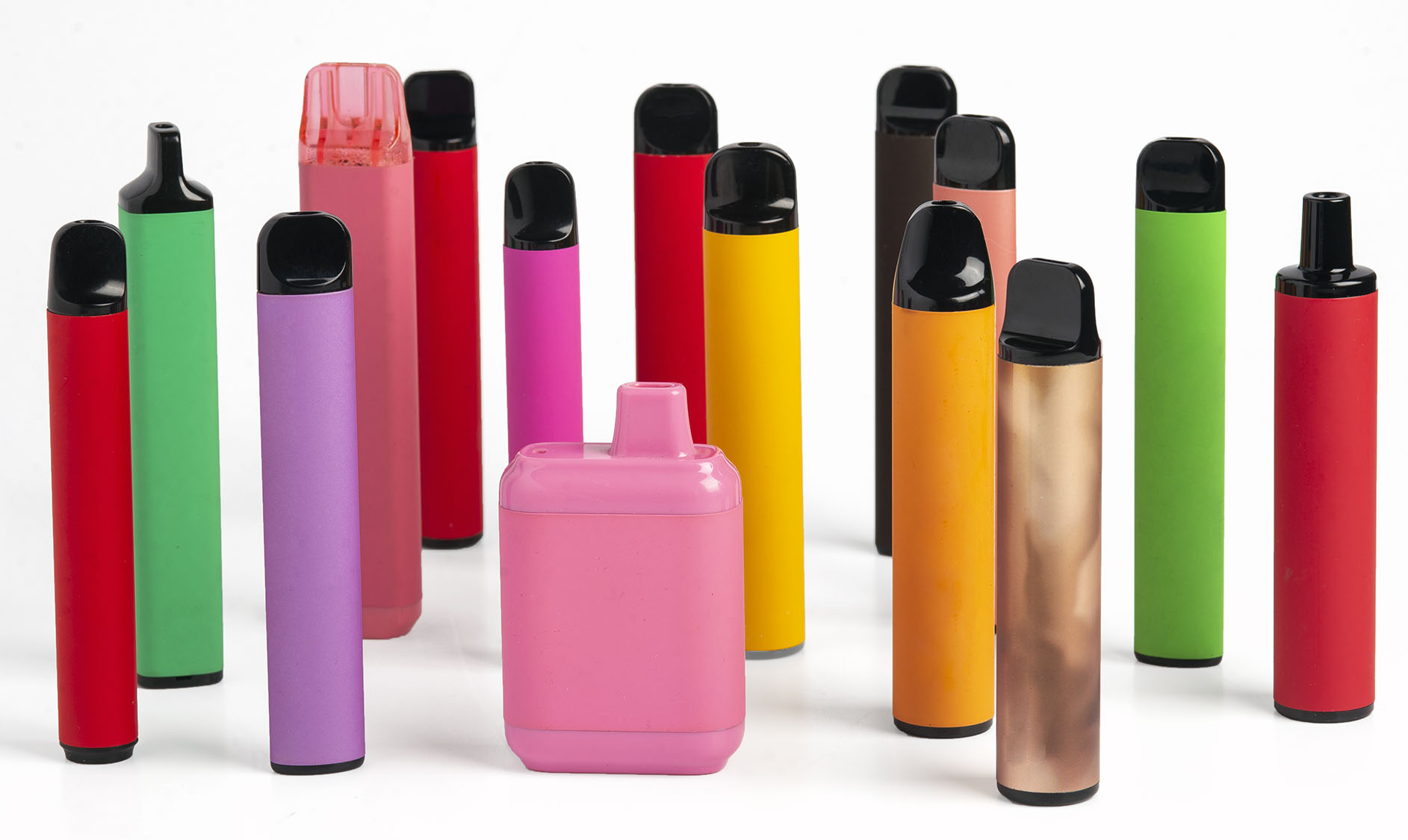Single-use vape ban highlights the hidden cost of disposables
After years of growing concerns around youth uptake, health risks and environmental impact, the UK has officially banned single-use vapes from 1 June 2025.
These ubiquitous, vibrantly designed, sweetly-scented lifestyle product, marketed as a ‘cleaner’ and cooler substitute for cigarettes, have become a familiar sight in public. Even if you don’t vape, you’ve probably walked through a vape-puffing student’s strawberry-infused cloud. Worse, we’ve seen these tiny devices littering the streets, green spaces and even rivers, a result of careless and clueless disposal habits.
More often than not, these tiny products are one of those ‘hidden’ waste streams we rarely think about. Like old toothbrushes, earphones or old cables, they are easy to chuck but hard to deal with properly.
Apparently, in a report released by independent non-profit Material Focus, the organisation behind the ‘Recycle your Electricals’ campaign, there were around 5 million single-use vapes tossed out in 2023. In 2024, this number increased to 8.2 million that included the ‘big puff’, which can hold up to 6,000 puffs per vape. A blink, a puff and into the general waste (or littered) it went.
From product ban to waste plan
Now that the ban is in full effect, the spotlight turns to responsible waste handling, regulatory compliance and recovery. For businesses, the challenge is not only about safe disposal, but in dealing with the stock, waste and materials these devices leave behind.
According to Defra, the legislation applies to single-vape “retailers, manufacturers, wholesalers, importers, healthcare settings and stop smoking services”, who are now prohibited to sell or distribute these devices in the UK. This regulation is backed by trading standards and environmental regulators.
But while the products may be fast disappearing from shelves following the ban, the waste they’ve left behind, including lithium batteries and plastics, won’t vanish on its own. Wrapped in plastic, powered by lithium batteries and classed as waste electrical and electronic equipment (WEEE), single-use vapes present a unique waste challenge. When discarded carelessly, they contribute to rising fire risks, pollute local environments and add to the growing burden on recycling infrastructure.
The ban follows and complements the recent Simpler Recycling rules, which aim to make recycling more consistent and easier to get right, especially for waste streams like food and glass.
A chance for business to take the right next step
What can businesses do now with all of this suddenly non-compliant stock and e-waste? And what of the numerous discarded vape containers littered or thrown in a bin or sent to landfill? The environmental impact of these single-use product is not disposable, if you will.
Following proper disposal protocols means avoiding risks, protecting customers and doing the right thing especially in managing the leftover stock safely.
Disposing of small electrical items like single-use vapes might seem straightforward, but doing it safely and compliantly takes a little planning. The government suggests offering a ‘take back’ service, where customers can return vapes and parts like batteries, coils or pods for recycling. Vape-related businesses also need to use the correct bins, which should be regularly collected for recycling.
If you have leftover disposable vape stocks, it is important to separate them from other goods, clearly put an ‘unsellable’ label on them and remove from either the physical shop or online store. Train your staff to observe proper protocols in handling and disposing of single-use vapes. Ensure you’ve discussed the matter further with your waste collection services. As vapes are considered WEEE, It’s also worth reviewing what happens next – how materials are treated, where they go and whether your business is meeting legal obligations under WEEE regulations. This not only helps you with compliance, it also empowers your business to reduce the amount of waste ending up in landfill (and cut landfill tax and carbon footprint), leading to huge contributions to a circular economy and enhanced resource efficiency.
Easy does it… with the right support
Fortunately, none of this has to be complicated. With the right process and a bit of guidance, it’s entirely possible to manage this waste stream safely, responsibly and without disrupting day-to-day operations. Whether you’re clearing stock, managing public collection points or reviewing compliance risks, we’re here to help reduce the impact these devices leave behind. Our expert and experienced staff can help make proper disposal easier.
To support you through this transition, call us at 0800 083 0504 to book a collection today!
For full guidance on compliance responsibilities, penalties and handling procedures, visit the Gov.uk website. Download our Business Guide to Battery Recycling for more information about safe lithium battery handling.
